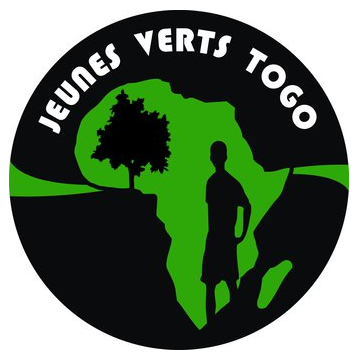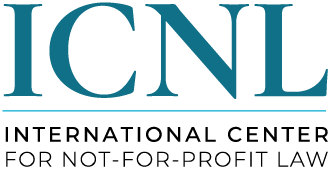We, the undersigned human rights organisations and advocates for internet freedom and media freedom, strongly condemn the internet shutdown in Senegal. This measure was taken by the Ministry of Communication, Telecommunications, and Digital Economy on 4 February, citing the dissemination of hateful and subversive messages on social media in the context of threats and public disturbances.
This decision follows the president’s announcement to repeal Decree 2023-2283 of 29 November 2023, by which the presidential election scheduled for 25 February 2024 was cancelled.
We urge the Senegalese government to swiftly abandon these internet access restrictions, which constitute a concerning violation of fundamental rights and international standards regarding freedom of expression and access to information.
We call on the Senegalese authorities to respect freedom of expression both online and offline, and to put an end to internet shutdowns. We also remind the Senegalese government of its international human rights obligations, notably those set out in the African Charter on Human and Peoples’ Rights (ACHPR), and the International Covenant on Civil and Political Rights (ICCPR), both of which Senegal has ratified.
In Senegal, one of the most connected countries in Africa, internet access is vital for economic development, social progress, innovation, education, health, and digital inclusion. A day of internet shutdown in Senegal may represent a loss of 4,801,706,477 CFA francs, about 7, 320,154 Euros.
This marks the fourth time we have witnessed an internet shutdown in Senegal over the last few years. Previous shutdowns occurred on 5 March 2021, in June 2023 following an official announcement by the Ministry of the Interior, and on 31 July 2023, through a statement from the Ministry of Communication, Telecommunications, and Digital Economy. It is important to note that the statement issued by the Ministry of Communication, Telecommunications, and Digital Economy on 4 February provides no legal basis; it merely reflects the minister’s apprehension, which is insufficient for an internet shutdown.
The full shutdown follows the suspension and blocking of of TikTok in August 2023 amid political tensions and a wave of protests. TikTok users are forced to use a virtual proxy network (VPN) to gain access.
The African Declaration of Internet Rights and Freedoms stipulates the right to information, stating that ‘everyone has the right to access information on the internet’. Principle 38 of the Declaration of Principles on Freedom of Expression and Access to Information in Africa urges states not to interfere with internet and digital technology interruptions targeting specific segments of or the entire population.
Shutting down the internet constitutes a severe violation of fundamental rights and international standards regarding freedom of expression and access to information protected by the African Charter on Human and Peoples’ Rights (ACHPR) the International Covenant on Civil and Political Rights (ICCPR), both of which Senegal has ratified.
Freedom of expression, access to information, and internet access are universal rights that must be protected, promoted, and respected. The mobile data internet restriction does not meet the requirements of the three-part test of Article 19(3) of the ICCPR in terms of legality, legitimacy, and proportionality. The Court of Justice of the Economic Community of West African States (ECOWAS) has ruled on several cases pertaining to internet shutdowns and restrictions on digital communication platforms, concluding that these restrictions were unlawful and constituted a violation of freedom of expression.
We urge the Senegalese government to swiftly restore the internet, terminate the suspension of Tiktok, and uphold freedom of expression and access to information in Senegal throughout the election period.
Signatories
Ibrahima Lissa FAYE, journaliste PressAfrik
ARTICLE 19 Sénégal and West Africa
Ababacar DIOP, Jonction
El Hadji Daouda DIAGNE, Computech Institute
Ousseynou GUEYE, Polaris Asso
Mojiraya OGUNLANA, DigiCivic Initiative (DI)
Basile NIANE, Journaliste et consultant IT -Directeur de Social Net Link
Mountaga CISSÉ, Consultant, formateur en médias numériques
Gérard DACOSTA (RootSN), Ingénieur en MSSI – Consultant IT & Trainer
Astou DIOUF, Juriste chercheure en Droit numérique à Jonction
Emmanuel DIOKH, Responsable Internet Sans Frontières Sénégal.
Jaly BADIANE, Wa MBED MI/ SENEGAL VOTE
Alassane SECK, Ligue Sénégalaise des Droits de l’Homme (LSDH)
Sadikh NIASS, Rencontre Africaine pour la Défense des Droits de l’Homme (RADDHO)
AfricTivistes



